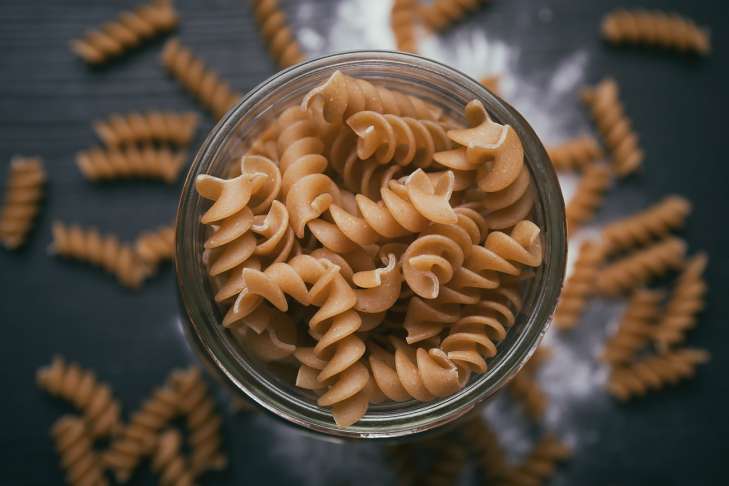Nutritionist Explanation: What Are Complex Carbohydrates
Complex (slow) - those that are absorbed slowly, due to which the body receives the necessary energy and manages to spend it without storing fat.
What are complex carbohydrates
Complex carbohydrates are made up of sugar molecules that are linked together in long (more than 9 monomers) chains.
Complex carbohydrates include starch, glycogen, inulin, and non-starch polysaccharides (cellulose, hemicelluloses, pectin).
What happens if you don't eat complex carbohydrates
The cells of nervous and muscle tissue, which are the main consumers of energy, are most sensitive to carbohydrate deficiency.
When there is a lack of carbohydrates, fats and even protein begin to be used to replenish energy, which can cause serious changes in metabolism and affect the functioning of the liver and kidneys.

Because complex carbohydrates take longer to digest, they cause a more gradual rise in blood sugar compared to simple carbohydrates.
What foods contain complex carbohydrates
Vegetables and herbs are, first of all, tomatoes, onions, zucchini, celery, cabbage, spinach, lettuce;
Berries and fruits - kiwi, apples, figs, cherries; Cereals - buckwheat, wheat, brown and white rice, oats;
Legumes and grains - durum pasta, barley flakes, peas, beans, lentils.
These are oatmeal, lentils, buckwheat, durum wheat pasta, wholemeal bread, chickpeas, etc.
Thanks to good carbohydrates, sugar enters the blood slowly, and the pancreas works correctly.
We previously wrote about how to brew delicious tea.


